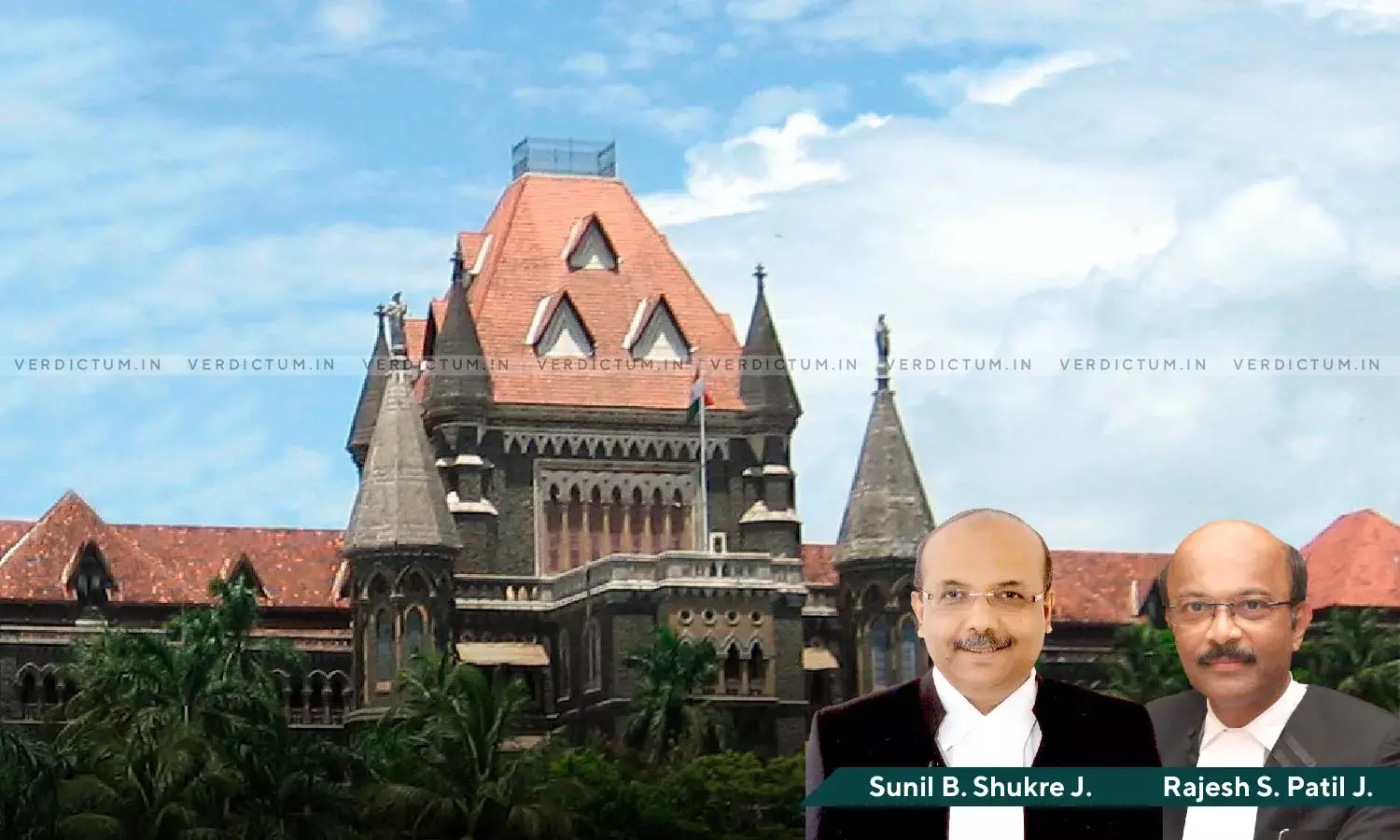Doctrine Of Wednesbury Unreasonableness Can’t Be Applied In Case: Bombay HC Rejects Shiv Sena MLA’s Petition Alleging Discriminatory Allocation Of Funds By State Govt

The Bombay High Court has rejected the writ petition filed by Shiv Sena MLA Ravindra Dattaram Waikar alleging discriminatory allocation of funds by the State Government on account that the Doctrine of Wenesbury Unreasonableness cannot be fruitfully applied in the case.
The petitioner was elected in the elections held in the year 2019 and his grievance was about the discriminatory attitude adopted by the State of Maharashtra in allocation of Government funds to different constituencies for development of infrastructure and basic civic amenities in the Slums situated in those constituencies.
A Division Bench of Justice Sunil B. Shukre and Justice Rajesh S. Patil held, “We must state it here that after all a decision taken to accord sanction for carrying out of different works in different localities and allocating funds for execution of those works is an administrative function guided by the State policy. The judicial review of such an administrative function can only be made by applying the doctrine of Wednesbury unreasonbleness and it cannot be fruitfully applied in a case like this unless sufficient material is placed before this Court to enable it to test the reasonableness and fairness of the decision of the Government through the process of comparative analysis.”
The Bench said that the argument that there has been arbitrariness and impermissible discrimination on the part of the State Government even in according sanction to different works in different localities is devoid of merit.
Advocate Satish Borulkar appeared for the petitioner while Advocate General Birendra Saraj appeared for the respondents.
The Petitioner, in this, submitted that there was a fund called Maharashtra Local Development Fund the objective of which was to ensure development of infrastructural facilities in local areas. He submitted that funds were made available to the members of Legislative Assembly in the State of Maharashtra from Maharashtra Local Development Funds and the funds were allocated equally to every elected representative, who was a Member of Legislative Assembly or State Legislative Council (MLC). The petitioner further submitted that the respondents allocated Rs. 11,420.44 Lakhs under Slum-dwellers Re-allocation and Rehabilitation Plan 2022-23 in various Constituencies of MLA and MLC. It was also submitted that a sum of Rs. 26,687.2 Lakhs was allocated under the head of “Development of Slums in Other than Backward Class”.
He contended that the funds allocated under the head of Development of Slums for developmental works in the slums situated in constituencies represented by Bhartiya Janta Party (BJP) was much more than the funds allocated for such developmental works in the constituencies represented by the petitioner. The petitioner claimed that in his constituency, there were number of slums which were in need of civic amenities, but he and other members of opposite party were denied such funds and thus there was arbitrariness and discrimination, not based on any intelligible differentia. The petitioner, therefore, sought a direction to the State Government for allocation of fund in equal proportion for carrying out the said Plan and for providing basic infrastructure facilities with a view to develop slums in other than backward class areas.
The High Court after considering the submissions noted, “Broadly speaking, the allocation of funds made by the State Government appears to be having a reasonable co-relation with the number of works sanctioned and the document Exh.C does not show that even though the number of works sanctioned were less, the allocation of funds was more. Similar is the picture emerging from documents at Exh.B-1 and C-1. Therefore, from these documents, we do not see any arbitrariness or any instance of impermissible discrimination on the part of the State Government in allocation of the funds.”
The Court observed that the Advocate General is right in his submissions and if the exercise of according of sanction to different works to be carried out in different constituencies is to be examined for its transparency and fairness, detailed material based on which comparison between two different areas can be made, is required to be placed before the Court.
“That material is not available before us nor has it been produced before the Court by the petitioner. … Considering absence of sufficient material, no occasion has arisen for us to examine the larger issue as to in what manner the allocation of State funds to members of legislative assembly and legislative council be made keeping in view the principle of fairness and transparency in such matters and the issue is kept open”, noted the Court.
Accordingly, the High Court dismissed the petition.
Cause Title- Ravindra Dattaram Waikar v. The State of Maharashtra & Ors. (Neutral Citation: 2023:BHC-OS:11841-DB)


